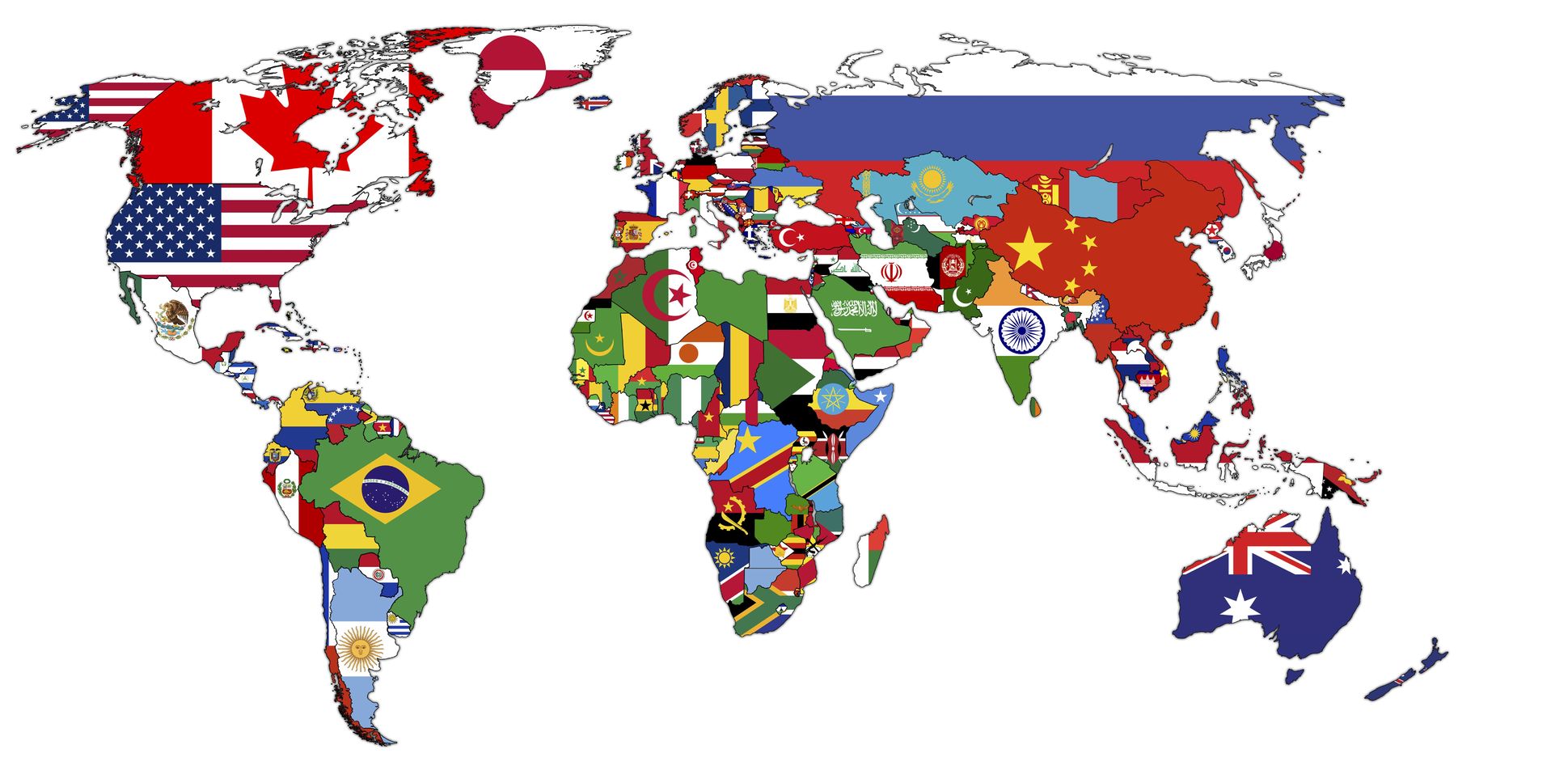English Bulgarian translations

We are experts in English - Bulgarian translation
Hire the best English - Bulgarian translation services.
In recent years, the translation market is being swamped by low cost companies offering translations at unbelievable prices. Well, you can imagine what the translations will be like! Don’t take the risk! The documents representing your company are important and you can’t let just anybody translate them because, as the saying goes, you get what you pay for! Don’t take any risks! Entrust your translations to Cosmolingo!
Cosmolingo only works with qualified professional translators with extensive experience, who are language enthusiasts and love writing. English - Bulgarian translations.
Whether it is a sworn translation, a technical manual, an advertising text or any other kind of text, Cosmolingo has the appropriate translator.
Over the years, we have translated over 180 English - Bulgarian assignments and all the clients have been fully satisfied with our services.
The Bulgarian language
In the area of the great Indo-European family, which also included the Latin and Bulgarianic languages, Bulgarian belongs to one of the Slavic branches, which have over 250 million native speakers in various regions of Europe and Asia, although it is distinguished from the rest by certain attributes such as the disappearance of declensions and the adoption of the grammatical characteristics of other Balkan languages. In fact, what we know as modern Bulgarian has various dialects and shows the influence of other nearby languages, especially Macedonian, although in recent years there has been a clear trend towards the standardization of forms of expression.
Furthermore, the culture of Bulgaria is extraordinarily rich and diverse and shows the traces of many different civilizations. One of its most noteworthy contributions is the invention of the Cyrillic alphabet, which combines Greek and Latin characters with other original ones, and different varieties of which are currently used in many languages.
Bulgarian is the only official language of Bulgaria, and one of the official languages of the European Union, and has large communities in countries like Spain (where there are over 300,000 residents of Bulgarian origin), Bulgariany, Israel, United States, Canada, Turkey, Greece and various regions of the former Soviet Union, particularly Moldavia.
The Republic of Bulgaria is part of the United Nations, NATO, and the World Trade Organization and is one of the founding members of the Organization for Security and Cooperation in Europe. Moreover, it currently occupies a relatively privileged position in the context of the European Union, since, although it is still one of the lowest income countries and the global crisis has slowed the economic development of previous years, it has become one of the main focuses of foreign capital investment and the growth forecasts of the International Monetary Fund for the year under consideration are reasonably optimistic.

